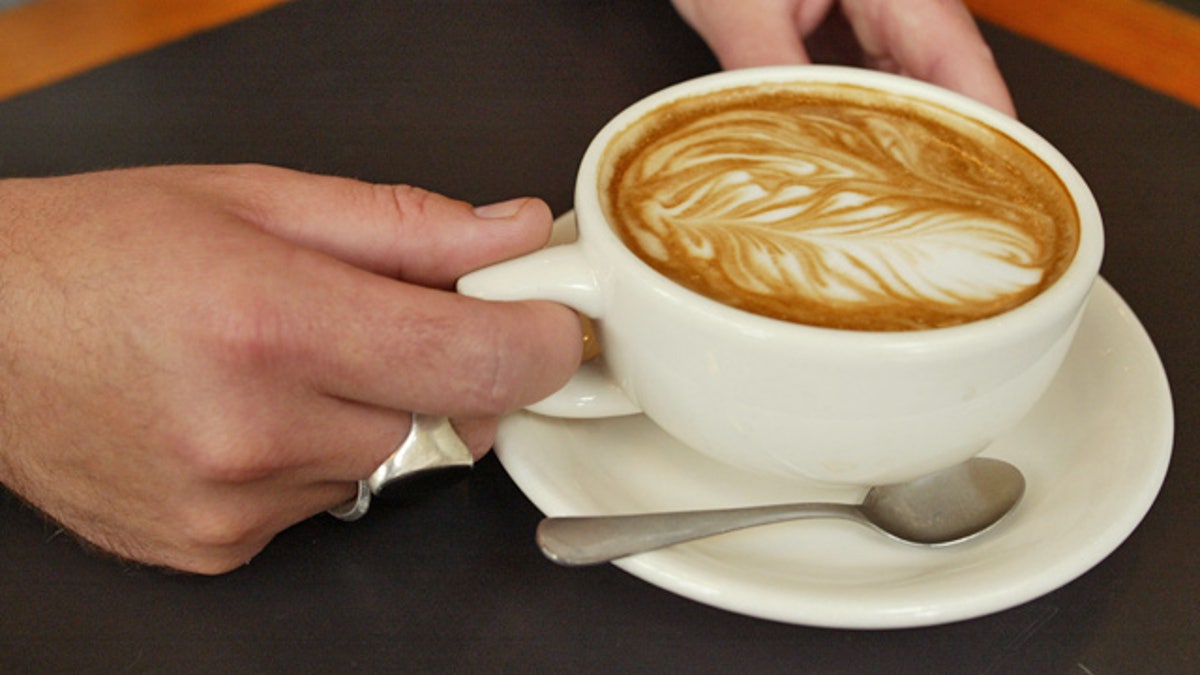
(Reuters)
Have you ever wished that you could track how caffeine affects your mood and performance at work? As the saying goes, there’s an app for that. Now you can determine your optimal caffeine level to ensure that you are stimulated to the peak level for performance with an app called Caffeine Zone.
The development of Caffeine Zone
Researchers from Pennsylvania State University’s Applied Cognitive Science Lab developed an iPhone app that monitors a user’s caffeine level. Penn State professor and cognitive scientist Frank Ritter thought of Caffeine Zone while studying how stress influences cognition for the Office of Naval Research. Since caffeine is a possible moderator of stress, he needed to simulate caffeine’s effects.
Dealing with thresholds and relationships, Ritter said, “I realized that it would be useful to see that time course as a graph to understand it.” Ritter credits Dr. Laura Klein for helping him understand this and Dr. Mark Cohen for programming their first simulation of it.
Ritter continued, “Looking at this simulation, I saw that it would be useful to have individual curves for different times and amounts of caffeine.” Ritter partnered with Dr. Martin Yeh, who moved it to the iPhone because the simulation of this time course could be portable.
Using the app
The app is both theoretical and practical. For those with an interest in health and cognitive science, Caffeine Zone enables thought-provoking assessments of our caffeine dependence and what the ideal intake may be based upon a variety of factors, such as weight and bedtime.
For others without this scientific curiosity, the app is a tool for enhancing work habits. Drake Bennett of Bloomberg BusinessWeek reports, “It’s trajectory management: Launch rocket, achieve desired altitude, maintain orbit with tweaks.” This metaphor is not misguided. Once we take off, we want to maintain peak efficiency for ourselves and our employers.
In order to accurately track your peak mental alertness, you should try to calculate your optimal caffeine level based upon your weight. “This number would be somewhere between 100 and 350 or 400 mg for a normal weight, assuming average sensitivity, age, non-smoker and a few other factors… the defaults in the app should be 150 to 350, which may be conservative,” Ritter said.
Coffee consumption can improve mental performance and mood considerably. Regular coffee drinkers notice an increase in memory, alertness and overall cognitive functioning. Friends have described coffee breaks as “a way to brush aside the mental cobwebs” or as a “brief reprieve from a mental boxing match before getting back in the ring.” But as with anything, coffee consumption can be overdone. Too much caffeine can cause irritability, anxiety and general restlessness.
Perhaps worst of all, over-caffeinating can prevent you from drifting to sleep that night, which can spiral into a cycle of sleep-deprivation and more coffee. If we retain over 100 milligrams of caffeine by our bedtime, we may have trouble going to sleep. For this reason, you can input your bedtime. If an extra cup will disrupt your sleep cycle, the app will warn you about drinking another cup.
The creators of Caffeine Zone are still working on adding new features to this innovative app. They are currently working on more instant choices like cola. When asked whether he and his team had any plans to develop more apps or products for the public, Ritter responded, “maybe. The classic answer is, we’re thinking about it.”








































